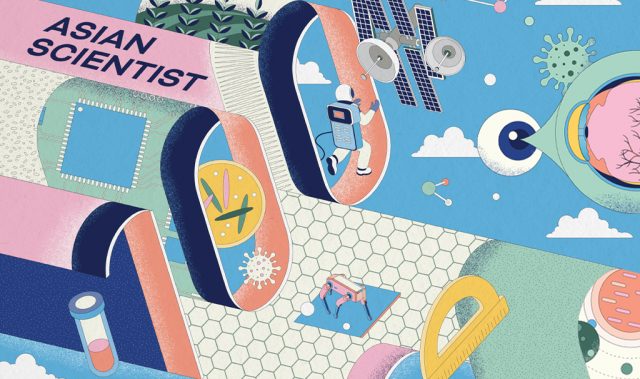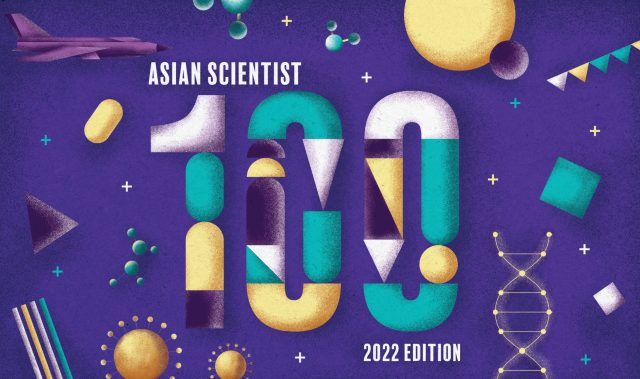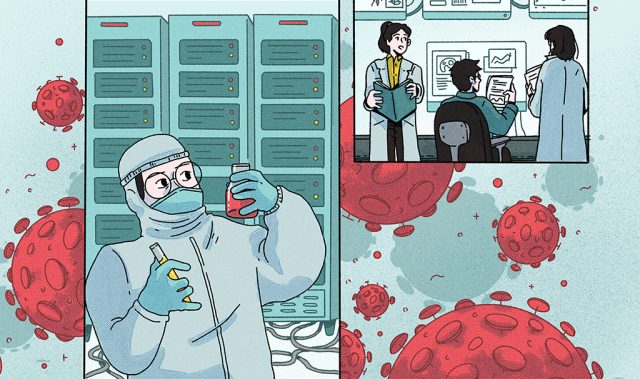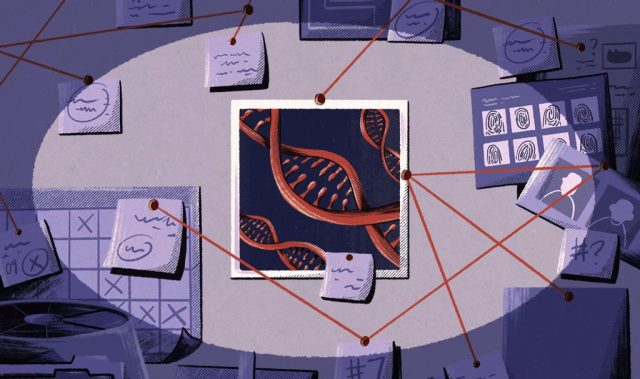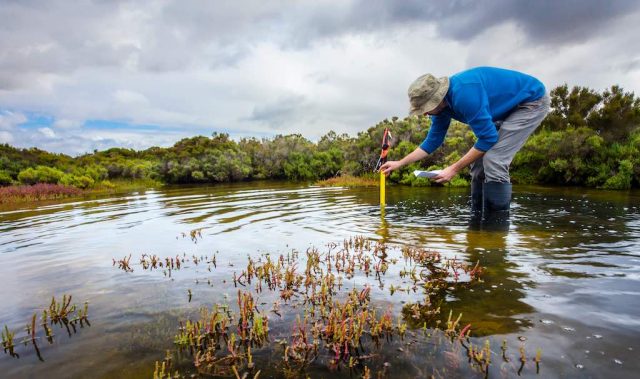
AsianScientist (Mar. 31, 2011) – In efforts to boost research ties between South Korea and Thailand, the National Science and Technology Development Agency (NSTDA) signed a collaborative Memorandum of Understanding with the Korea Research Institute of Bioscience and Biotechnology (KRIBB) during the 2011 Thailand-Korea Joint Symposium on Nanobiotechnology this week.
The MOU allows KRIBB to explore research collaborative initiatives with any of the 4 research agencies within NSTDA.
In particular, the collaborative efforts between KRIBB and the National Nanotechnology Center (NANOTEC) have centered on targeted drug delivery to treat various cancers.
According to Dr. Thaweesak Koanantakool, President of NSTDA, Thailand is seeking to increase its R&D budget to one percent of its gross domestic product (GDP) by 2013.
“The research work at KRIBB on controlled antibody immobilization is very interesting to us” said Dr. Warayuth Sajonsang, a NANOTEC researcher.
“The current focus of our research work is anticancer drug delivery. We feel our research focus in nanoparticles drug delivery compliment the work at KRIBB and can produce successful results that would be beneficial to healthcare sector”.
The Korean delegation included 13 participants from 5 research institutes. Dr. Yong Kyung Choe, President of KRIBB, was confident that this collaboration between KRIBB and NANOTEC would provide a “synergic effect” for both countries.
———
Source: National Nanotechnology Center (NANOTEC).
Disclaimer: This article does not necessarily reflect the views of AsianScientist or its staff.




